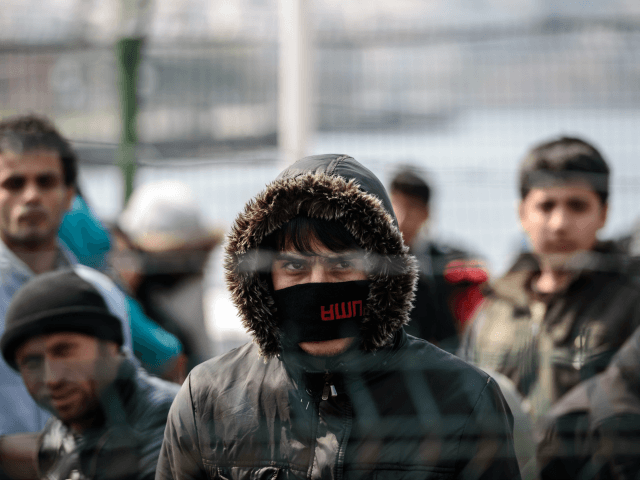The Director-General of the United Nations Office in Geneva has revealed most of the migrants from Syria are not fleeing persecution or war, and has lashed out at both the United States and the Arab Gulf countries who he claims are not doing enough to accommodate more migrants.
Speaking to the Huffington Post this week, Michael Møller described his dissatisfaction with response to Europe’s migrant crisis, specifically taking aim at the media for failing to “educate” the public, and calling for schools to “educat[e] the youth for the problems… of tomorrow.”
But amongst his critique of the Western response to the migrant crisis, the Director-General lets slip two major points often dismissed by open borders campaigners:
1. The migrants from Syria are not fleeing because of the Syrian war:
Mr. Møller says the main reason people are leaving Syria “isn’t the crippling violence in the country”, the HuffPo reports.
“The number one reason why people leave Syria is not the bombs or the food or the cold, it’s because they want to find educational opportunities for their children,” he explains.
This would mean that most of the Syrian migrants would fall under the category of “economic migrants” rather than “refugees” – a point that Mr. Møller even clarifies later in the interview.
He says: “To put it very bluntly, every refugee is a migrant. Not every migrant is a refugee. It’s quite clear actually.”
2. Gulf countries have not taken a single migrant/refugee
While this point is hotly contested by the governments of countries like Saudi Arabia, it didn’t stop the UN chief making the claim.
Mr. Møller told the HuffPo he wants “greater international solidarity”, stating: “There’s absolutely no reason why places like Canada and the United States, Australia, Argentina, Mexico, Brazil, even Asian countries who we helped not that long ago, shouldn’t take many more of these people. Not to speak about the countries in the Gulf who haven’t taken a single one.”
Speaking of the press reaction to the crisis, he has claimed that not enough has been done to report favourable stories about the migrant crisis. He blames ill-informed views on the fact that the public across the Western world “have a narrow point of view coming from local communities”.
Mr. Møller believes the press has three roles: “One is to inform, second is to educate and third is to hold power to account.”
“It’s the second one I have a problem with, because the education role of the press in general has been set a bit aside over the last few decades.”
“Most of the seven billion opinions on the internet are very ill informed, so a lot of the readers are not educated and they have a narrow point of view coming from local communities. So if we want to avoid chaos and a cacophony that isn’t leading us anywhere, we need to be much better at educating and informing people about the context in which every single one of them lives.
“There is practically nothing that isn’t online if you search long enough. But the problem is that people have to know what they are looking for, and they have to be given an incentive to do so, and that’s where the media has a role.”

COMMENTS
Please let us know if you're having issues with commenting.